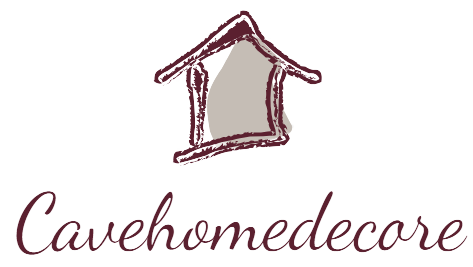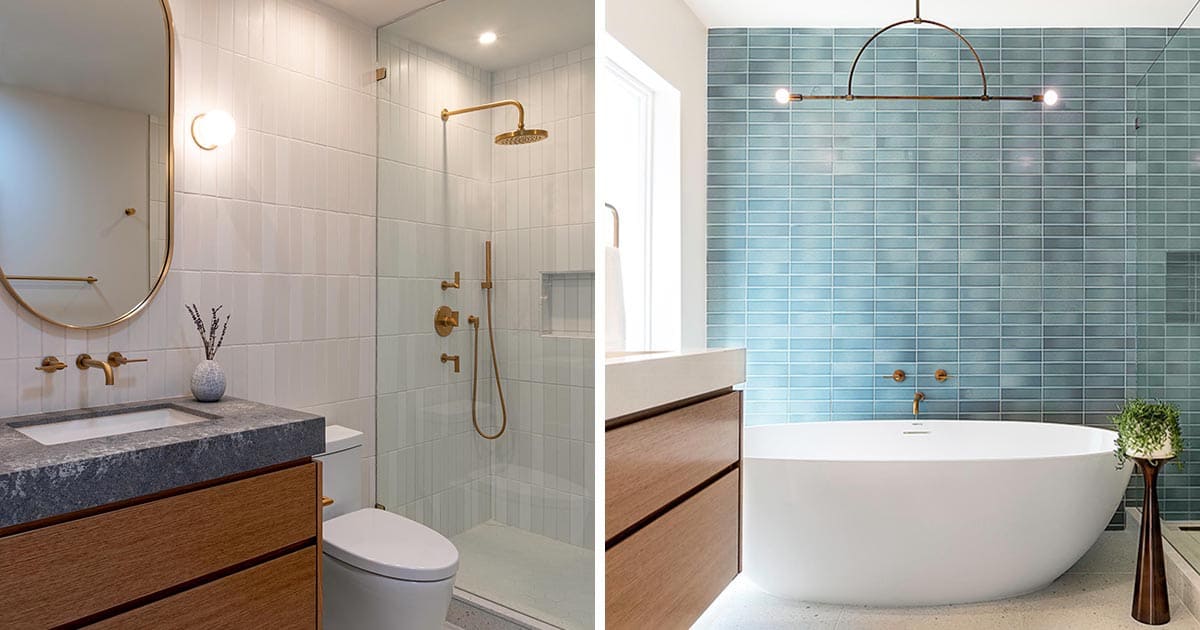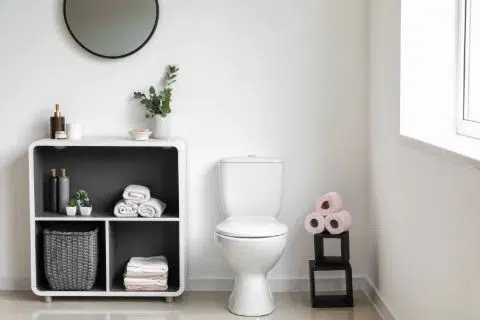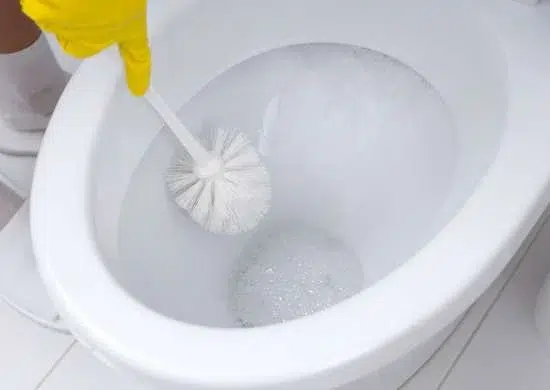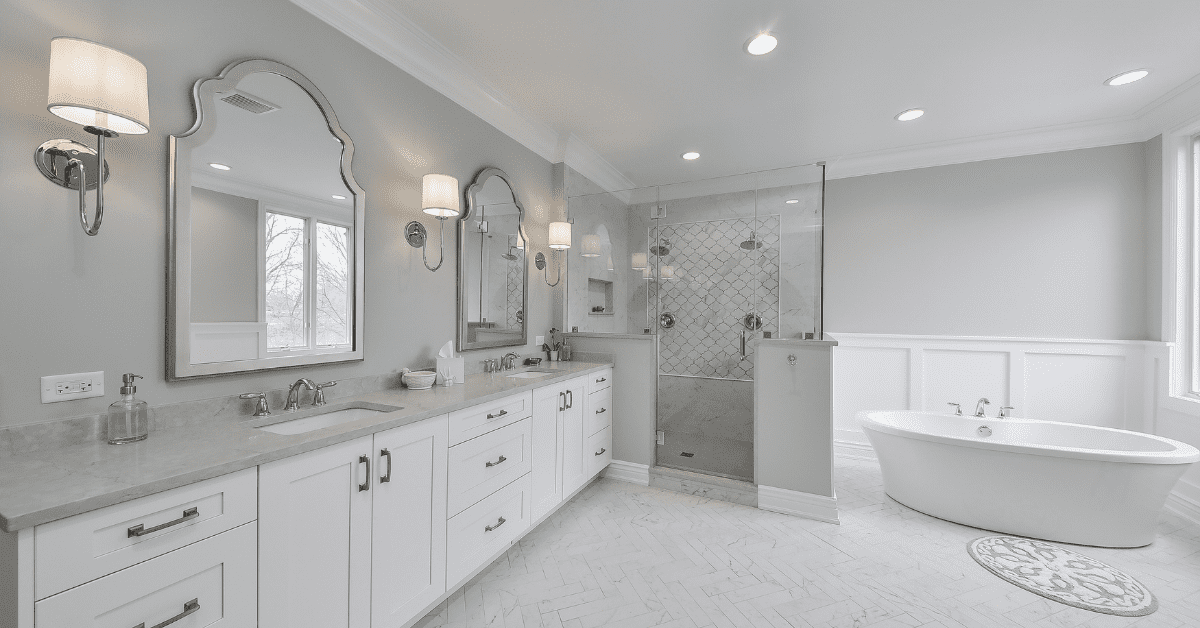Introduction
Dreaming of a refreshing, invigorating shower experience but frustrated by low water pressure? You’re not alone. Many homeowners face the challenge of insufficient water pressure, which can turn a relaxing shower into a lackluster experience. Fortunately, there are several effective ways to enhance water pressure in your shower without the need for major renovations or expensive equipment.
Understanding the Importance of Water Pressure
Before delving into solutions, it’s essential to grasp the significance of water pressure in your shower. Adequate water pressure ensures thorough rinsing, effective cleansing, and a more enjoyable shower experience overall. Insufficient pressure can lead to frustration, longer shower times, and difficulty rinsing off soap and shampoo, impacting your daily routine.
Assessing Your Current Water Pressure
The first step in resolving low water pressure issues is to assess your current situation. Begin by turning on your shower and observing the flow. Is the water stream weak or inconsistent? Does it take longer than usual to rinse off soap? These signs indicate low water pressure and signal the need for intervention.
Identifying Common Causes of Low Water Pressure
Several factors can contribute to low water pressure in a shower, ranging from simple fixes to more complex issues. Identifying the root cause is crucial for implementing the appropriate solution. Common culprits include:
Clogged Showerhead
Over time, mineral deposits and sediment can accumulate within the showerhead, obstructing the flow of water and reducing pressure. Cleaning or replacing the showerhead can often restore water pressure to its optimal level.
Faulty Pressure Regulator
A malfunctioning pressure regulator may result in inadequate water pressure throughout your home, affecting not only the shower but also faucets and appliances. Consult a professional plumber to inspect and repair or replace the pressure regulator if necessary.
Partially Closed Water Valves
Ensure that the water valves supplying your shower are fully open. Partially closed valves can restrict water flow, leading to diminished pressure. Check both the main water valve and any secondary valves specific to the shower.
Plumbing Leaks
Leaks in the plumbing system can cause water pressure issues by diverting water away from the intended outlets. Conduct a thorough inspection of your plumbing for any signs of leaks, such as dampness, water stains, or mold growth.
Water Supply Issues
In some cases, low water pressure may be attributed to external factors beyond your control, such as municipal water supply issues or peak demand periods. Contact your local water utility provider for information on any ongoing maintenance or infrastructure issues affecting water pressure.
Solutions to Increase Water Pressure
Now that you’ve identified potential causes of low water pressure, it’s time to explore effective solutions to enhance your shower experience. From quick fixes to more extensive upgrades, there are options to suit every budget and preference.
Clean or Replace the Showerhead
Begin by cleaning the showerhead to remove any buildup of mineral deposits or debris. Simply unscrew the showerhead, soak it in a mixture of vinegar and water to dissolve stubborn deposits, then rinse thoroughly before reinstalling. If cleaning fails to improve water pressure, consider replacing the showerhead with a newer, more efficient model designed to optimize flow.
Install a High-Pressure Showerhead
Upgrade to a high-pressure showerhead specifically designed to increase water pressure while maintaining water efficiency. These showerheads utilize innovative technology to amplify the force of the water stream, delivering a revitalizing shower experience without excessive water consumption.
Adjust the Pressure Regulator
If your home is equipped with a pressure regulator, adjust it to achieve the desired water pressure. Consult the manufacturer’s instructions or enlist the services of a professional plumber to calibrate the regulator to the optimal setting for your shower preferences.
Check for Pipe Blockages
Inspect the plumbing lines leading to your shower for any obstructions or blockages that may impede water flow. Clearing away debris or mineral buildup from pipes can help restore water pressure to its full potential.
Upgrade Plumbing Fixtures
Consider upgrading outdated or inefficient plumbing fixtures, such as pipes, valves, and fittings, to improve water flow and pressure throughout your home. Modern fixtures are designed to maximize performance while minimizing water waste, offering a sustainable solution for long-term water pressure enhancement.
FAQs (Frequently Asked Questions)
Will Increasing Water Pressure Affect My Water Bill?
Increasing water pressure in your shower may lead to higher water consumption, potentially impacting your water bill. However, by choosing water-efficient fixtures and implementing conservation measures, you can minimize the impact on your monthly expenses.
Can I Install a Water Pressure Booster Pump Myself?
While some homeowners may have the skills and knowledge to install a water pressure booster pump independently, it’s generally recommended to enlist the services of a licensed plumber for safe and proper installation. A professional plumber can assess your specific needs and recommend the most suitable pump for your home.
Are There Eco-Friendly Solutions to Increase Water Pressure?
Yes, several eco-friendly solutions are available to increase water pressure while minimizing environmental impact. Options include installing water-efficient fixtures, utilizing rainwater harvesting systems, and implementing greywater recycling techniques to conserve water resources.
How Can I Maintain Optimal Water Pressure in My Shower?
Regular maintenance is key to ensuring optimal water pressure in your shower. Schedule routine inspections of plumbing fixtures, clean or replace showerheads as needed, and promptly address any leaks or plumbing issues to prevent pressure loss.
Will Increasing Water Pressure Damage My Plumbing System?
While increasing water pressure can improve shower performance, excessive pressure may pose a risk of damaging your plumbing system over time. It’s essential to strike a balance between sufficient pressure for a satisfying shower experience and avoiding strain on pipes, valves, and fittings.
Can Hard Water Affect Water Pressure?
Yes, hard water containing high levels of minerals such as calcium and magnesium can contribute to reduced water pressure over time due to mineral buildup within plumbing fixtures. Consider installing a water softener to mitigate the effects of hard water and maintain consistent water pressure.
Conclusion
Enhancing water pressure in your shower is within reach with the right strategies and solutions. By identifying underlying causes, implementing targeted interventions, and prioritizing water efficiency, you can enjoy a rejuvenating shower experience every time. Whether through simple maintenance tasks or strategic upgrades, taking action to optimize water pressure ensures a refreshing start to your day and a blissful end to your evenings
